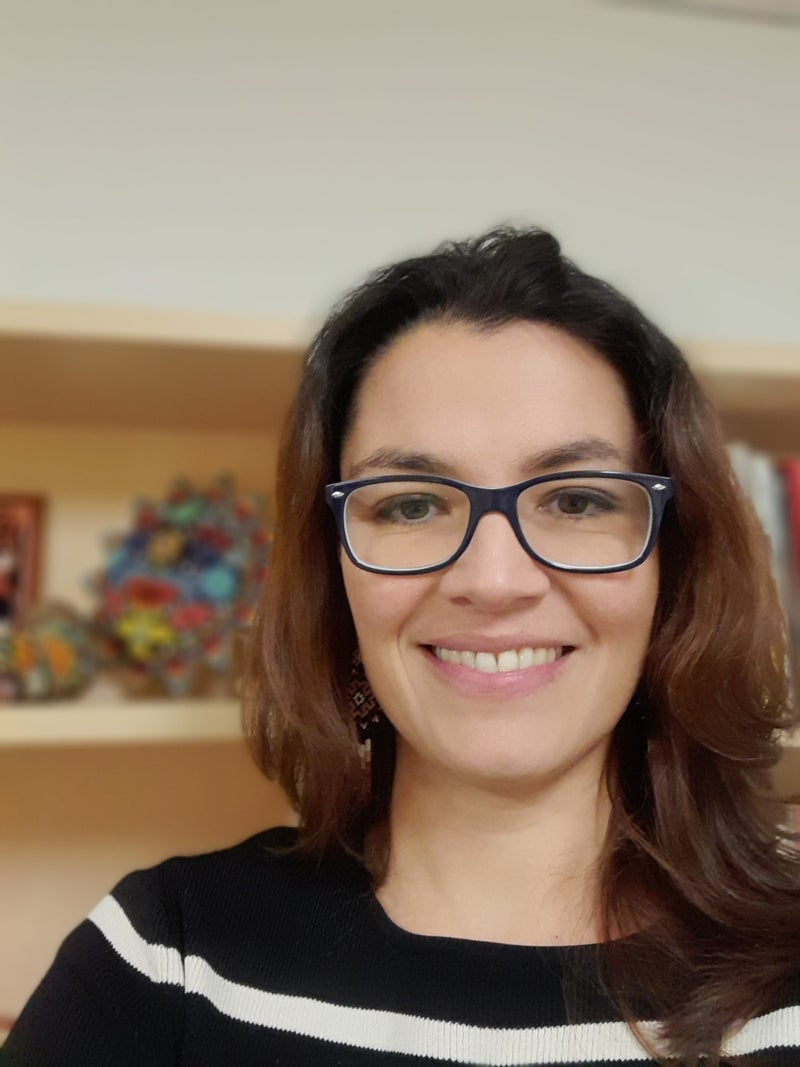The healing role of animals in Indigenous holistic wellness

By Jimena Marquez
Within many Indigenous cultures, there is a central idea that links being in good health and being in harmony with all living beings. It is encompassed by the expression “all our relations.” This phrase refers to the notion that within Indigenous worldviews there is an essential interconnectedness that exists between humans and more-than-human beings (animals, plants, minerals).
Regarding animals, there is also a sense that they are equitable partners; being animated by spirit and having intelligence, they can communicate and act as agents of healing. Despite cultural loss, despite residential school trauma, Indigenous peoples of today continue to have a special relationship with nature and regard many animals as sacred and use their “healing gifts” in traditional healing ceremonies.
This holistic approach to healing and the central relationship that Indigenous peoples have to the land and to its inhabitants is unfortunately often disregarded and absent from contemporary health care services.
To explore the relationships between humans and animals, a research team from the University of Regina and Saskatchewan – Angela McGinnis, PhD.; Adela Tesarek Kincaid, PhD.; M.J. Barrett, PhD. And Corinne Ham did a research project in collaboration with the Community Elders Research Advisory Group from the Beardy’s & Okemasis’ Cree Nation in Saskatchewan. Their article, “Strengthening Animal-Human Relationships as a Doorway to Indigenous Holistic Wellness,” was published in the journal Ecopsychology in 2019. The research included an animal-human relationship workshop, which allowed Indigenous participants to discuss their unique relationships to animals.
Even if some of these relationships have been weakened due to colonization, the workshop allowed participants to relearn community-relevant stories of human-animal relationships. The findings from this research are not generalizable to all Indigenous communities, but they do underline a larger interconnected worldview in which the teaching, all our relations, is still strongly related to a holistic concept of well-being.
Some of the most interesting results from this workshop showed the different roles that animals still play in the lives of Indigenous peoples. They are messengers, providers, guides, protectors and healers. Some of the workshop participants shared how animals communicate messages to them in various ways. Sometimes in dreams, they will instruct them on how to do certain things. Sometimes odd behaviour will be a warning to people. They also shared their belief in how animals look out for humans, how they share their bodies and provide energy and the materials needed for ceremonies, and willingly sacrifice themselves. The workshop results also identified animals as more than emotional companions, but as wise beings able to offer life-guidance and healing, supporting people in their challenges. In this regard, certain animals are seen as teachers, which means they teach values like love, courage, humility, respect and truth through their behaviour.
Maintaining and cultivating good relationships with animals is essential to achieve what Anishinaabe people call, mino-bimaadiziwin, the “good life.” This good way of life encompasses mental, emotional and physical well-being, and what this research confirmed is that for Indigenous peoples, animals play a central role in maintaining wellness at all levels.
Jimena Marquez is project development officer - Indigenous Student Support at the English Montreal School Board.









